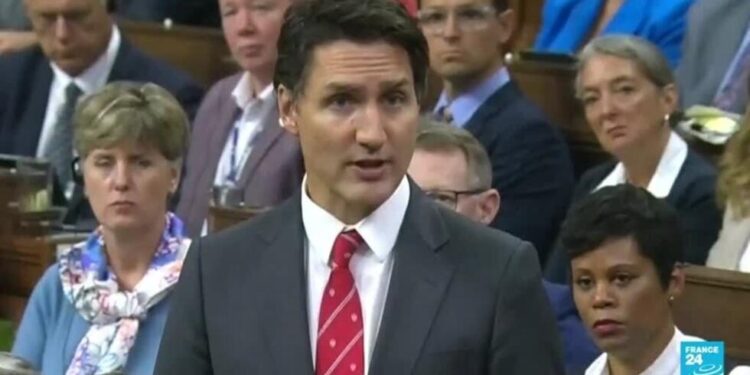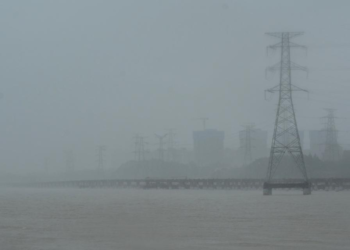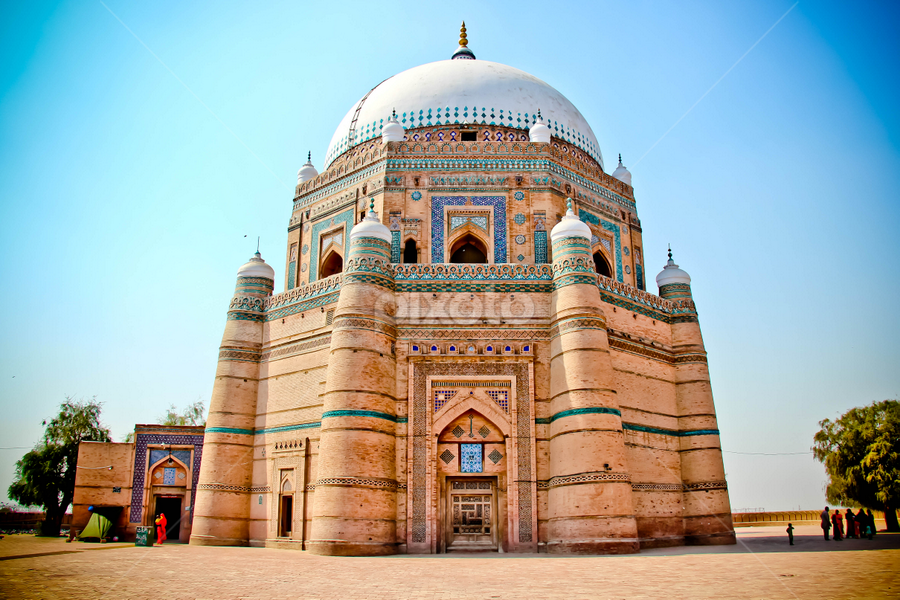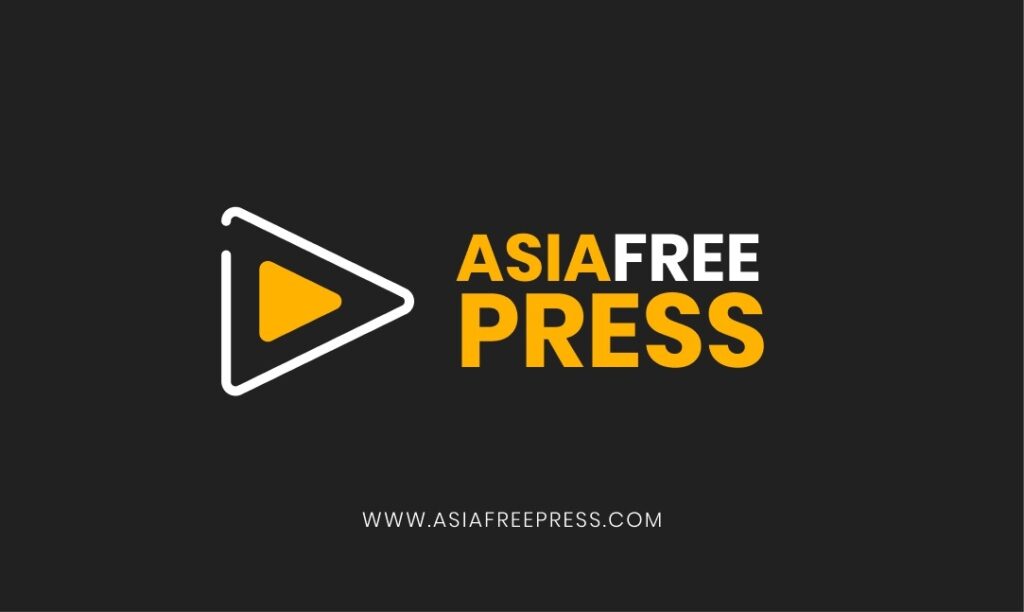Canada on Monday accused India’s government of involvement in the killing of a Canadian Sikh leader near Vancouver last June, and expelled New Delhi’s intelligence chief in Ottawa in retaliation.
The accusations, which India rejected as “absurd,” sent already sour relations between Ottawa and New Delhi to a dramatic new low.
Prime Minister Justin Trudeau told an emergency session of the parliamentary opposition at mid-afternoon that his government had “credible allegations” linking Indian agents to the slaying of an exiled Sikh leader, Hardeep Singh Nijjar, in June in British Columbia.
“The involvement of any foreign government in the murder of a Canadian citizen on Canadian soil is an unacceptable violation of our sovereignty,” Trudeau said.
He called “in the strongest possible terms” on the Indian government to cooperate in clearing up the matter.
Foreign Minister Melanie Joly said the Trudeau government had taken immediate action.
“Today we have expelled a senior Indian diplomat from Canada,” she said, without naming the official.
Joly said the expelled Indian is the head of the Research and Analysis Wing (RAW), India’s foreign intelligence agency, in Canada.
Nijjar, whom India had declared a wanted terrorist, was gunned down on June 18 in Surrey, a suburb of Vancouver that is home to a major Sikh community.
Canada has the largest population of Sikhs outside of Punjab, India.
Nijjar advocated for the creation of an independent Sikh state to be carved out of parts of northern India and perhaps part of Pakistan.
New Delhi had accused Nijjar of carrying out terrorist attacks in India, a charge he denied.
India’s foreign ministry on Tuesday rejected Canada’s claims of involvement in his death.
“Allegations of Government of India’s involvement in any act of violence in Canada are absurd and motivated,” the ministry said in a statement, adding: “We are a democratic polity with a strong commitment to rule of law.”
It said Trudeau — who visited New Delhi this month for the G20 summit — had already made similar allegations to Indian Prime Minister Narendra Modi, and that they had been “completely rejected”.




















